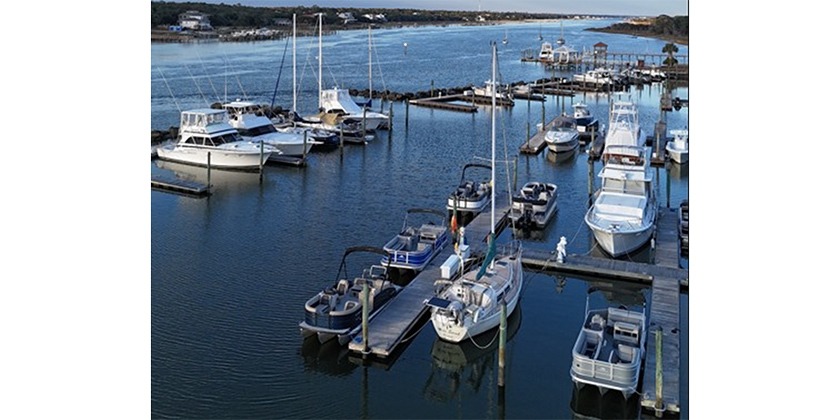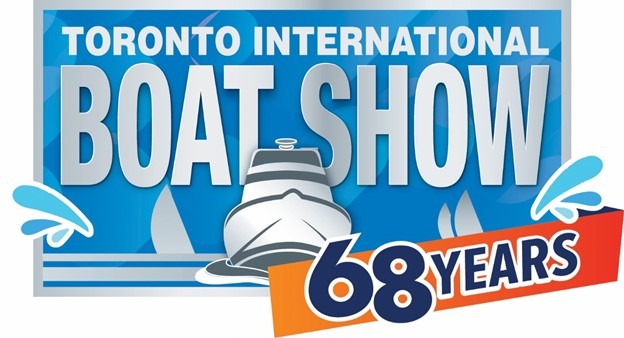Got Customers Cruising South? The Tax Man Goes After Visiting Cruisers
 BoatUS says that for cruisers making their way south, staying too long in one place can ruin a good thing. At least that's the case with boaters making lengthy journeys, who are finding themselves targets of cash-hungry states when they stay too long and are subject to various taxes. But how can boaters prevent overstaying their welcome? Boat Owners Association of The United States (BoatUS) has online state tax information at www.BoatUS.com/gov/states that will help keep them on the right side of the law and out of hot water with the taxman.
BoatUS says that for cruisers making their way south, staying too long in one place can ruin a good thing. At least that's the case with boaters making lengthy journeys, who are finding themselves targets of cash-hungry states when they stay too long and are subject to various taxes. But how can boaters prevent overstaying their welcome? Boat Owners Association of The United States (BoatUS) has online state tax information at www.BoatUS.com/gov/states that will help keep them on the right side of the law and out of hot water with the taxman.
In most states, a privately-owned recreational boat must be registered in the state where it is principally used, and any sales and use taxes paid to that state. A problem arises when the boat leaves this principal-use state and enters a new one, for a long visit, extended cruise or lengthy repairs. This could include "Snowbirds" – boaters who head south each winter in search of warmer climates.
BoatUS says boaters may be subject to various sales, use, excise, or property taxes when they remain in one location for a consecutive number of days, or over-stay their visit for a certain number of aggregate days per year. This "grace period" is often 60 to 90 days but as little as 30 days in two states (CO, NH). Also, if the principal state's sales and use tax is not comparable to the tax in the state the boat is visiting, the second state can levy their own tax making the boat owner liable for the difference.
To help boaters understand this issue, BoatUS' online map at www.BoatUS.com/gov/states highlights state sales and property tax rates with links to state tax departments, as well as registration information and "grace periods".
In the past, BoatUS has heard about tax authorities walking the docks, inspecting marina records and aggressively enforcing tax codes. "We believe boaters should pay their fair share of taxes, and travel to other states with their eyes open about timelines and potential tax assessments," said BoatUS President Margaret Podlich. "Boaters should keep record keeping such as log entries, marina and fuel receipts or repair contracts while traveling. These documents are critical for boaters to keep, and are often the only way to fight an unjust tax bill," added Podlich.




























